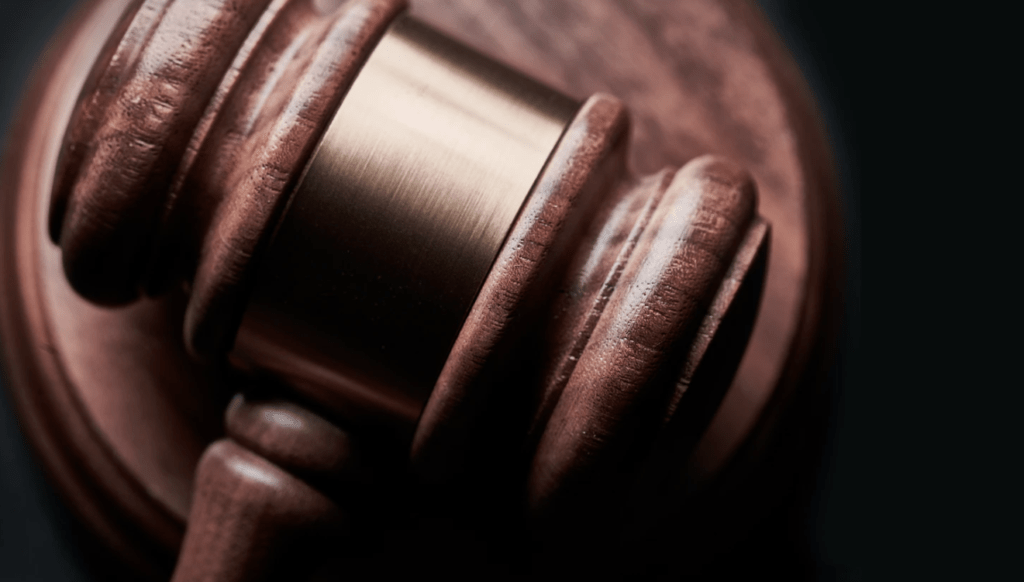Judges from Belgium's Constitutional Court have ruled that certain parts of the country's Covid-19 contact tracing legislation are against constitutional law, following complaints by non-profit organisation “Vivant Ostbelgien,” several German-speaking deputies, and the League of Human Rights.
While the Constitutional Court dismissed the vast majority of claims put forth by the groups’ lawyers, it did rule that the absence of oversight bodies in each of the country's governments in regard to access to the National Health Institute Sciensano's central database, as well as the absence of a maximum retention period for data stored within, were unconstitutional.
On 25 August 2020, as part of the fight against the Covid-19 pandemic, the federal authorities and the regions concluded a cooperation agreement to facilitate the tracing of people infected with the virus, as well as those presumed infected and their contacts.
This agreement provided for the creation of several databases, such as Sciensano’s one, which includes personal data provided by doctors, laboratories, hospitals, contact centres, and mobile teams.
Related News
- Constitutional Court: Kattrin Jadin's appointment approved
- Brussels terror trial delayed as glass boxes for suspects not ready
NGOs and activists previously demanded that the court cancel the assent to this cooperation agreement, believing that several constituent measures violated the right to privacy and the protection of personal data.
As a result of the complaint, the court has agreed to annul the provisions found to be unconstitutional, however, the affected parts of the legislation will still remain in effect “until the legislators concerned approve a complementary cooperation agreement remedying these unconstitutionalities." Legislators must patch the legislation by 31 March 2023.
The court has also cancelled the authorisation granted to the Information Security Committee to authorise the sending of personal data to third parties for the purposes of scientific research.

